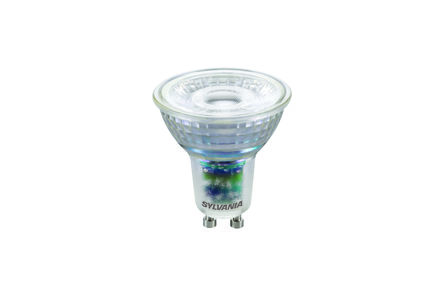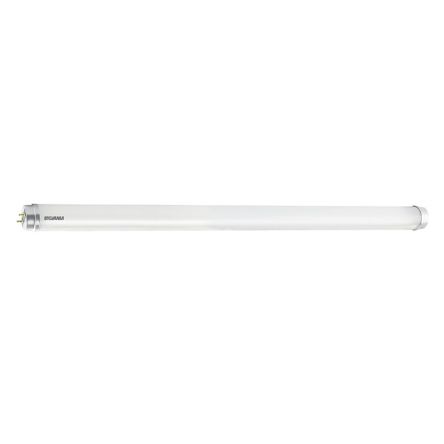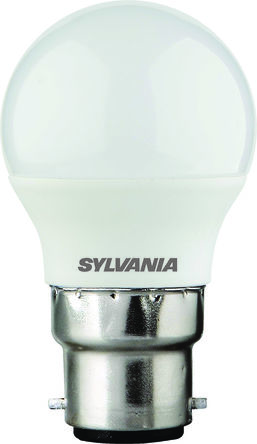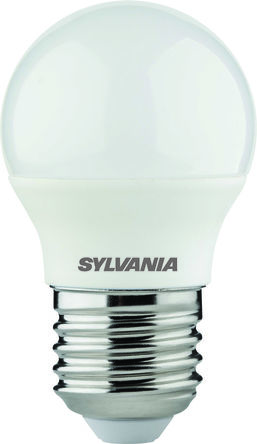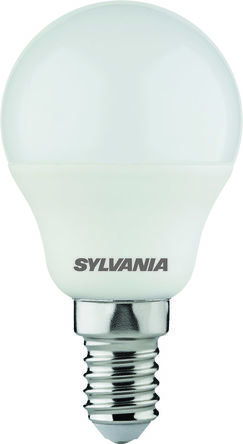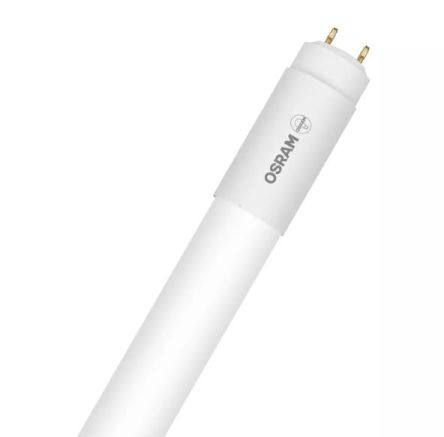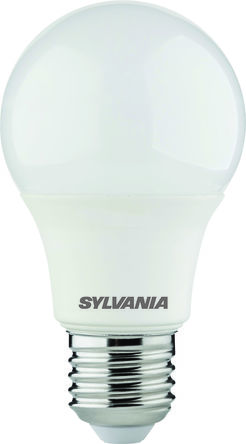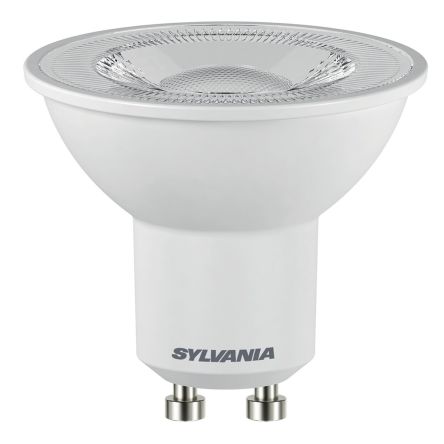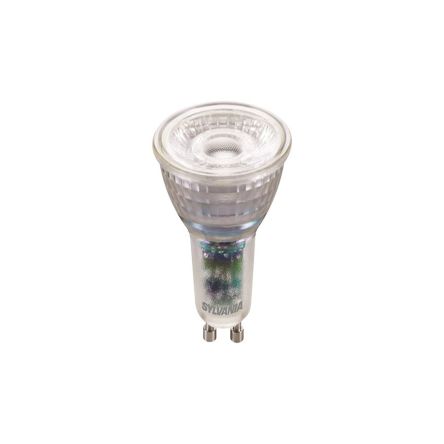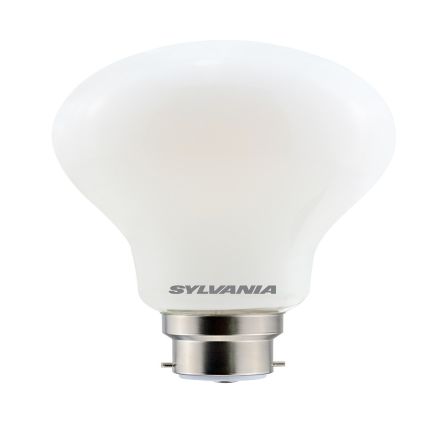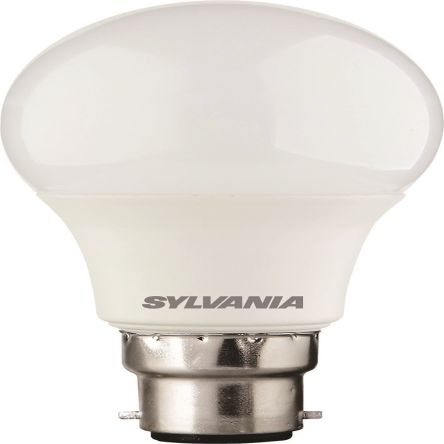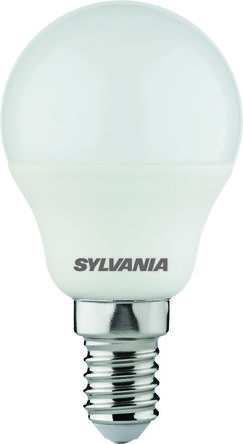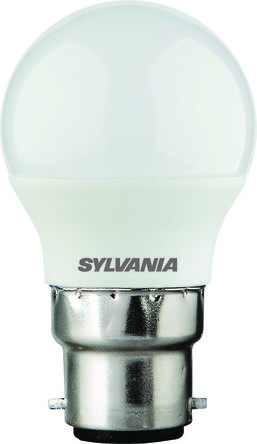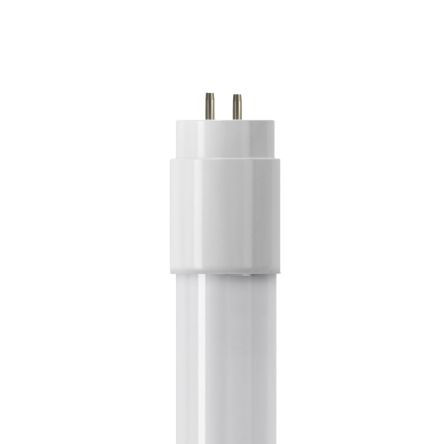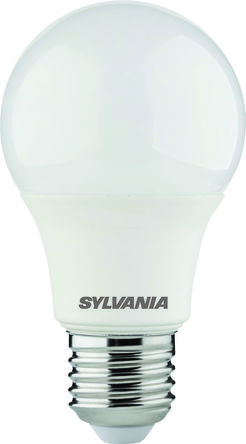- Automation & Control Gear
- Cables & Wires
- Enclosures & Server Racks
- Fuses & Circuit Breakers
- HVAC, Fans & Thermal Management
- Lighting
- Relays & Signal Conditioning
- Switches
- Batteries & Chargers
- Connectors
- Displays & Optoelectronics
- ESD Control, Cleanroom & PCB Prototyping
- Passive Components
- Power Supplies & Transformers
- Raspberry Pi, Arduino, ROCK, STEM Education & Development Tools
- Semiconductors
LED Tube Lights
LEDs (light-emitting diodes) are small, often unnoticeable lights found in almost all modern appliances, signs and entertainment devices to provide a high powered, bright lighting solution with minimal space or power requirements. These LEDs are made up of three different component groups: the electrical components, the optical components as well as the thermal and mechanical components. You can read more about these lights in our complete guide to LED tube lights.
Benefits of LED Tube Lights
One of the biggest benefits of using LED tube lights is that they require little to no maintenance, reducing the need to pay high maintenance costs. Furthermore, while typical incandescent light bulbs have approximately a 750-hour endurance, LED tube lights have a longer lifespan of around 30,000 to 50,000 hours with higher energy efficiency.
Replacing incandescent tube lights with LED tubes is easily done and can almost always be achieved using the same light fitting. LED tubes have been designed to offer the same fitments for a straight swap to this more efficient light to provide you with both a better and more effortless solution.
Difference Between fluorescent tubes and LED light Tubes
Fluorescent tubes are a type of gas-discharge lamp that produces visible light when an electric current passes through it. They contain argon and mercury vapour, which interact with one another to create a bright light. Fluorescent tubes use much less energy than traditional incandescent bulbs, making them more efficient and cost-effective for businesses. However, they do contain mercury, which is toxic if not handled properly. Additionally, fluorescent tubes tend to flicker and buzz when used for long periods of time, and their lifespan is shorter than LEDs - typically only lasting around 10,000 hours compared to about 50,000 hours for LEDs.
Unlike fluorescent lamps, LED tube lights do not contain any toxic gases or materials - making them much safer for both people and the environment. They also generate very little heat compared to other types of bulbs, meaning that they can be used in enclosed spaces without causing overheating issues. Apart from their long lifespan, they also have lower energy consumption rates compared to other types of bulbs. Furthermore, some LEDS have dimming capabilities, whereas fluorescents are expensive to dim with limited performance. And while fluorescent lights have multi-directional light, which means light is not where you need it, LEDs offer illumination where you need it. Not to mention the new T8 LEDs are around 30% more efficient than T8 linear fluorescent lights.
Buy LED Tube Lights at RS
If you're wondering where to buy LED tube lights in Singapore to replace your fluorescent or incandescent lights, RS has got you covered. We provide a wide range of reliable lighting solutions that are both energy-efficient and cost-effective, contact us today to find out more.
Explore the new look of the category page
Popular Searches
Related links
- Osram ST8AU-CON 2400 lm 16 W LED Tube Light 4ft (1213mm)
- RS PRO 22 W LED Tube Light 5ft (1570mm)
- Philips Lighting CorePro 900 lm 8 W LED Tube Light, T8 (600mm)
- SHOT 2700 lm 18 W LED Tube Light 4ft (1200mm)
- 1800 lm 13.3 W LED Tube Light, T8 (1200mm)
- Osram ST8AU-CON 3600 lm 24 W LED Tube Light 5ft (1513mm)
- Philips Lighting CorePro 2000 lm 18 W LED Tube Light, T8 (1200mm)
- SHOT LT 3300 lm 22 W LED Tube Light 5ft (1500mm)




